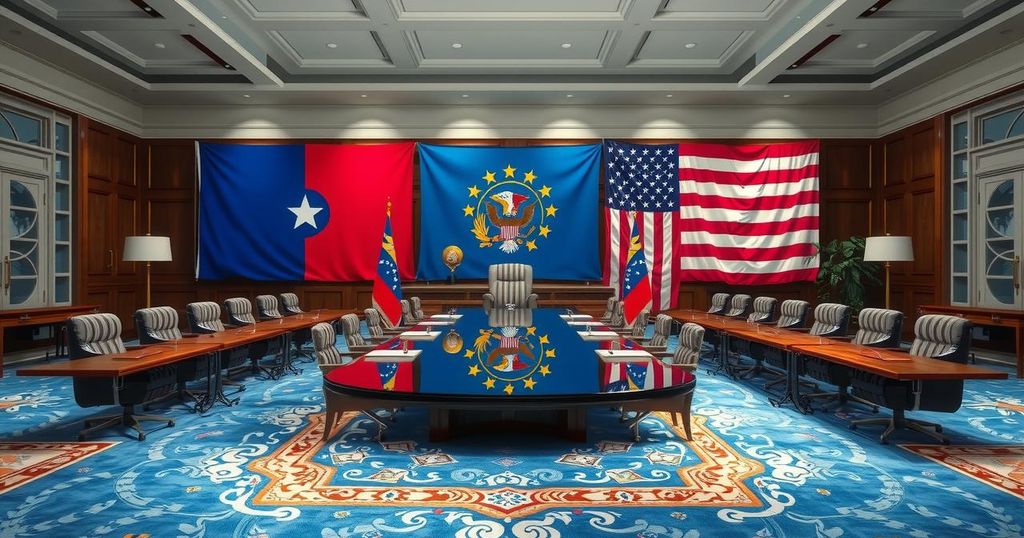Donald Trump Faces Criticism for Condescending Remarks to Liberia’s President

- Donald Trump called Liberia’s President Joseph Boakai ‘condescending’.
- Trump surprised Boakai by remarking on his English skills.
- Critiques arise questioning Trump’s respect for African leaders.
- Liberian citizens express outrage over Trump’s comments.
- There are mixed reactions to Trump’s remarks on Boakai’s proficiency.
Trump’s Surprising Remarks Ignite Backlash over Perception
In a rather peculiar exchange, Donald Trump has found himself labeled as ‘condescending’ after comments made to Joseph Boakai, the President of Liberia, during a meeting at the White House. Trump, 79, appeared visibly surprised when he congratulated the 80-year-old Boakai for his proficiency in English, saying he spoke ‘such good English’. It’s noteworthy to mention that English has been the official language of Liberia since the country was founded in the 1800s, a fact that has sparked conversations about whether Trump was indeed aware of this historical context when he made his remarks.
Public Outcry from Liberians Echoes Condescension Concerns
Trump’s comments have stirred emotions among observers and citizens in Liberia, raising issues of respect and acknowledgment of African leaders. Critics are pointing out that the US President’s remarks reflect a concerning undercurrent of disrespect and signify a broader issue regarding how Western leaders perceive African politicians. For instance, Foday Massaquio, chairman of Liberia’s opposition Congress for Democratic Change-Council of Patriots, stated that Trump’s remarks exemplify a lack of respect for foreign leaders, calling them ‘very disrespectful’. Citizens like Moses Dennis, a businessman from Monrovia, expressed disappointment, emphasizing that given Liberia’s long-standing friendship with the US, Trump should have been more aware of the country’s official language.
Shift in US Policy and Mixed Reactions to Trump’s Remarks
Interestingly, Trump’s interaction with Boakai came amidst a significant shift in US foreign policy, pivoting from traditional aid support toward trade relations with African nations. This has followed recent cuts to US aid, which previously accounted for a sizeable portion of Liberia’s gross national income. Despite continuing a historical connection where Liberia is often viewed as a ‘big brother’ by its leaders, the dissolution of the US Agency for International Development has provoked dismay within the country. Meanwhile, not all responses have been negative, as some like researcher Abraham Julian Wennah, interpreted Trump’s comments as an acknowledgment of Boakai’s capability and readiness for global engagement. However, he cautioned that such remarks could carry a condescending undertone, hinting at longstanding Western biases.
In conclusion, Donald Trump’s unconventional remarks to Liberia’s President, Joseph Boakai, have spurred a wave of criticism, raising questions about respect in international relations. The comments, while possibly well-intentioned, seem to reflect a persistent stereotype that undermines the intellectual capabilities of African leaders. As the US shifts its foreign aid strategy, these discussions will likely continue, highlighting the complexities of US-Liberian relations.







